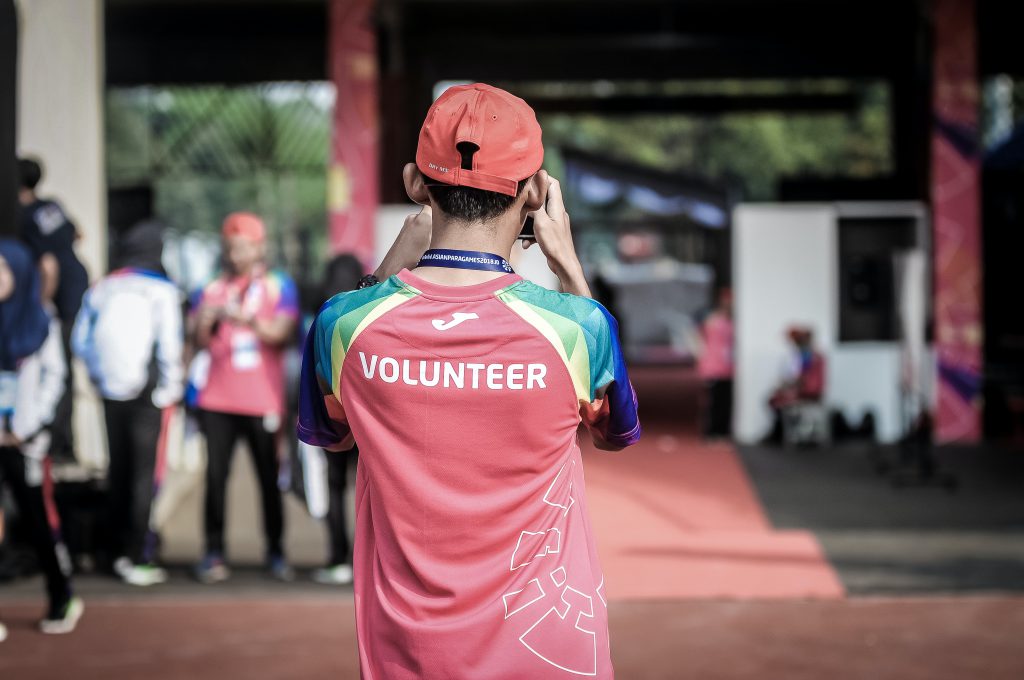This post is adapted and abridged from the original, which appeared on the rOpenSci blog and was authored by Francisco Cardozo, Yanina Bellini Saibene, Camille Santistevan, and Lou Woodley
As part of our work with longtime client and partner rOpenSci, we’ve been supporting community manager Yanina Bellini Saibene with developing their champions program.
The goal of the rOpenSci Champions Program is to enable more members of historically excluded groups to participate in, benefit from, and become leaders in the R, research software engineering, and open source and open science communities. This program includes 1-on-1 mentoring for the Champions as they complete a project and perform outreach activities in their local communities.
This blog post focuses on how participants are selected from a pool of applicants for the rOpenSci Champions Program – a multi-step process intentionally designed to ensure a diverse cohort of Champions and Mentors.
Continue reading “Fostering equity and leadership: The rOpenSci Champions Program selection process”


